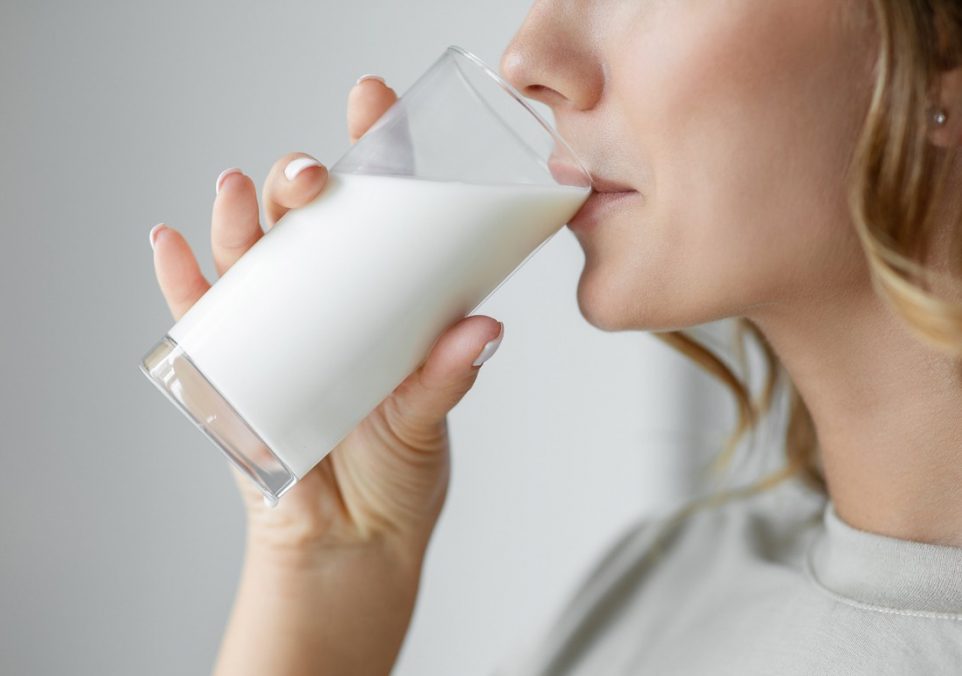Does Milk Hydrate Better Than Water? Hydration Facts and Myths Explained

Hydration is a fundamental pillar of well-being, and the debate over whether milk surpasses water in its hydrating prowess continues to pique curiosity. While water has long held the title of the ultimate thirst-quencher, the allure of milk’s nutritional value as a hydrating agent persists.
In this exploration of hydration science, we’ll unravel the truth behind the claims, dispel prevalent myths, and shed light on whether milk truly holds an edge over water in the realm of staying hydrated. Understanding the intricacies of these beverages and their impact on our bodies is key to making informed choices for optimal health.
The Basics of Hydration: Why It Matters
Before we dive into the milk-water comparison, let’s understand why hydration is crucial. Our bodies comprise around 60% water, and water plays an essential role in various bodily functions, including regulating body temperature, aiding digestion, and transporting nutrients. When we lose more fluids than we consume, dehydration can set in due to factors like sweating and urination, leading to fatigue, dizziness, and even more serious health issues.
Water: The Hydration Gold Standard
Water is the gold standard for hydration. It’s calorie-free, easily accessible, and vital for maintaining bodily functions. One of the key advantages of water is its rapid absorption rate. Water is quickly absorbed into the bloodstream, helping to replenish lost fluids and maintain the body’s hydration balance. Additionally, water contains no additives or compounds that might interfere with its hydrating properties.
Milk’s Hydration Potential
Milk is a complex beverage containing water and essential nutrients like calcium, protein, and vitamins. Many people wonder if milk can be a good alternative to water for hydration, especially considering its nutrient content. While milk does contain water and can contribute to overall fluid intake, there are certain factors to consider.
The Protein and Fat Factor
Milk contains proteins and fats that can slow down its absorption rate compared to plain water. These nutrients require more time and energy to digest, potentially delaying milk’s hydrating effects. While the nutrients in milk are beneficial for overall health, they might not provide the same rapid hydration as water, especially during moments of intense thirst or dehydration.
Electrolytes and Hydration
Electrolytes are minerals like sodium, potassium, and magnesium crucial in maintaining proper hydration. Some sports drinks and enhanced water products include electrolytes to help replenish those lost during physical activity or sweating. Watermelon and coconut water, for example, are natural sources of electrolytes. On the other hand, milk doesn’t contain significant levels of these minerals, so it might not offer the same level of electrolyte balance as other options like electrolyte powder or electrolyte drinks.
Caffeine and Hydration Misconceptions
It’s worth mentioning that beverages like coffee and tea, which contain caffeine, have been wrongly associated with dehydration. While caffeine does have mild diuretic effects, meaning it might increase urine output, the overall impact on hydration is minimal. Moderation is key; enjoying that morning cup of coffee or tea won’t necessarily lead to significant dehydration.
The Importance of Context
Hydration needs can vary greatly based on factors such as age, gender, activity level, and climate. Someone engaging in intense physical activity or residing in a hot environment will require more fluids to stay hydrated than someone with a sedentary lifestyle. Therefore, there is no one-size-fits-all answer to the question of whether milk hydrates better than water. It depends on the circumstances.
Balancing Hydration and Nutritional Intake
While water remains the optimal choice for rapid and efficient hydration, milk can still play a role in overall fluid intake, especially considering its nutritional benefits. For instance, milk provides calcium, essential for bone health, and protein, which supports muscle growth and repair. By incorporating a variety of beverages into your daily routine, you can balance hydration needs with nutritional goals.
Building a Stronger You
Supplement Institute is the fruit of extensive online publishing experience, spanning the breadth of SEO strategies to the nuances of paid advertisements. Our journey, marked by significant achievements and learning moments, inspires our core mission: to empower our readers with an abundance of information. By sharing insights and key learnings, we aim to provide you with the knowledge needed to navigate the complex world of supplements, helping you make well-informed decisions for your health and well-being. Welcome to Supplement Institute, where information is your greatest supplement.